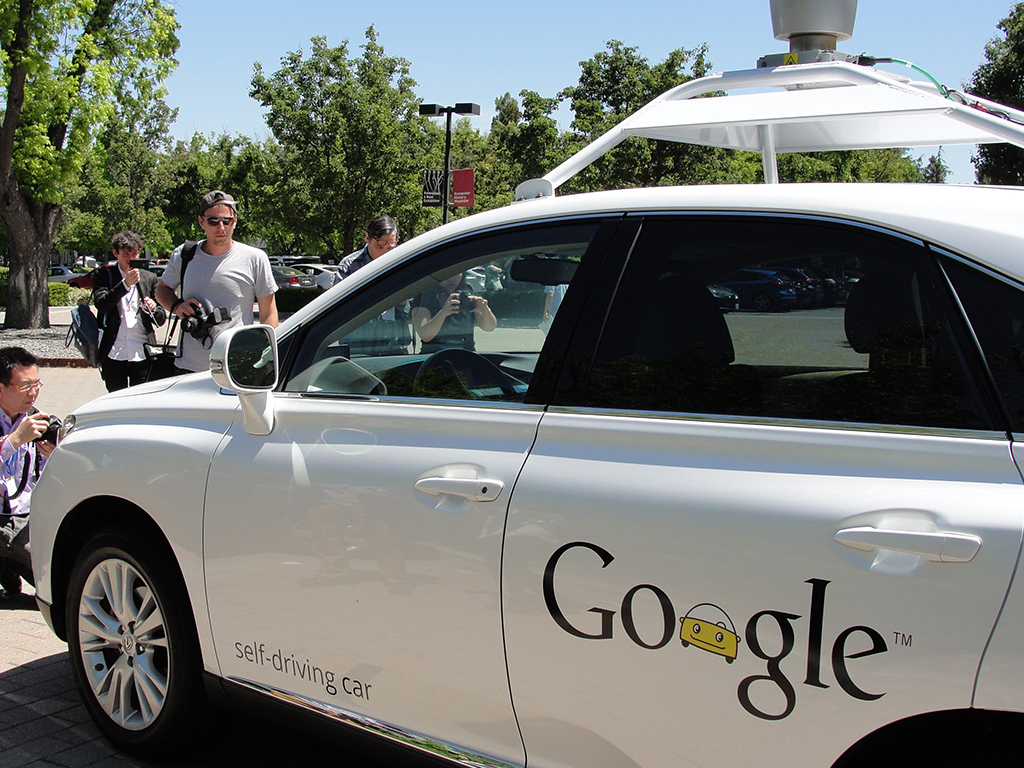Google taxi service threatens Uber’s market hold
With Uber developing its own driverless cars, Google is set to launch its own online taxi service

One of Google's driverless cars in development. Reports suggest the tech giant is developing its own taxi service, directly challenging Uber
Hailing a taxi is about to get a lot easier with news that Uber, the popular taxi app, is developing its own driverless car services. At the same time, however, one of the company’s principal investors, Google, is said to be on the verge of launching its own competing taxi service that would operate alongside the driverless cars it’s been developing for a number of years now.
The implications of driverless cars could be huge as it could eventually eliminate ownership of cars
Uber announced this week that it would be helping to fund a research centre based around driverless car technology. A collaboration with the Carnegie Mellon University, the institute will also look at advancing mapping technology.
The increased competition between the two companies comes as the car industry undergoes a dramatic shakeup. While driverless cars have yet to come into commercial use, the advances in the technology have led to many to speculate that the next decade will see widespread adoption of self-driving smart cars.
Google is well placed to capture a considerable share of the taxi market; with its dominant Google Maps and integrated platform meaning it will easily be able to implement such a service. It’s thought that the tech giant is looking at a ride-sharing platform that would help reduce the number of cars on the road.
In the past, the two companies have collaborated closely over developing internet taxi services. As part of its investment in other firms, Google Ventures put $258m into Uber back in August 2013, while Uber purchased 2,500 driverless cars from Google a few months before. Google’s chief legal officer, David Drummond, has sat on Uber’s board for the last two years as a result of the investment.
Uber CEO Travis Kalanick has spoken enthusiastically about the potential for driverless cars and how it can help to bring down the cost of the service to users. Speaking at the Code Conference last year he said, “The reason Uber could be expensive is because you’re not just paying for the car — you’re paying for the other dude in the car. When there’s no other dude in the car, the cost of taking an Uber anywhere becomes cheaper than owning a vehicle.
The implications of driverless cars could be huge, added Kalanick, as it could eventually eliminate ownership of cars. “So the magic there is, you basically bring the cost below the cost of ownership for everybody and then car ownership goes away.”













